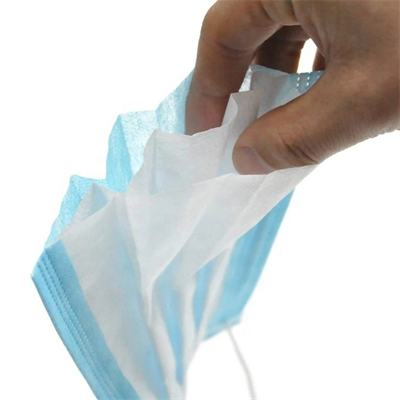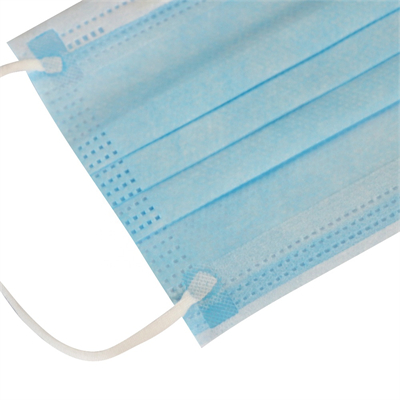1. Hand Hygiene:
Before putting on vinyl gloves, it’s essential to wash your hands thoroughly with soap and water for at least 20 seconds. This step helps prevent transferring dirt, bacteria, or pathogens onto the gloves.
2. Glove Selection:
Choose vinyl gloves that are labeled as food-safe or food-grade. These gloves are designed and manufactured to meet specific food handling standards and regulations.
3. Proper Sizing:
Ensure that the gloves fit well and are the right size for your hands. Gloves that are too loose may lead to tears or contamination, while gloves that are too tight can be uncomfortable and may break.
4. Avoid Cross-Contamination:
Vinyl gloves should be used exclusively for food handling tasks. Do not use the same gloves for other non-food-related activities, such as handling money or cleaning surfaces, to prevent cross-contamination.
5. Glove Changes:
Change gloves regularly, especially when switching between different tasks or handling different types of food. Gloves should also be changed if they become torn or contaminated during use.
6. Use Gloves Sparingly:
Gloves should not be seen as a substitute for proper handwashing. Hands should be washed before putting on gloves and after removing them to maintain good hygiene.
7. Handling Raw and Cooked Foods:
Different gloves should be used when handling raw and cooked foods to prevent the transfer of harmful bacteria. Avoid using the same gloves for both unless they are changed and hands are washed in between.
8. Minimize Touching Surfaces:
While wearing gloves, try to minimize touching surfaces that are not directly related to food handling. This reduces the risk of transferring contaminants to other surfaces.
9. Dispose of Gloves Properly:
After use, carefully remove the gloves by pulling them off from the inside out, so that your hands do not touch the contaminated surface. Dispose of used gloves in a designated waste bin.
10. Inspect Gloves:
Before use, inspect gloves for any visible defects, such as tears or holes. If you notice any damage, discard the gloves and use a new pair.
11. Training and Education:
Ensure that all food handlers are trained in proper glove use and food safety practices. Regular training can help reinforce good habits and maintain food hygiene standards.
Vinyl gloves can be an effective tool for keeping food clean and safe, but they are just one part of a comprehensive food safety program. Proper handwashing, safe food storage, and regular cleaning and sanitation of food preparation areas are also essential for preventing foodborne illnesses and maintaining food quality.






















